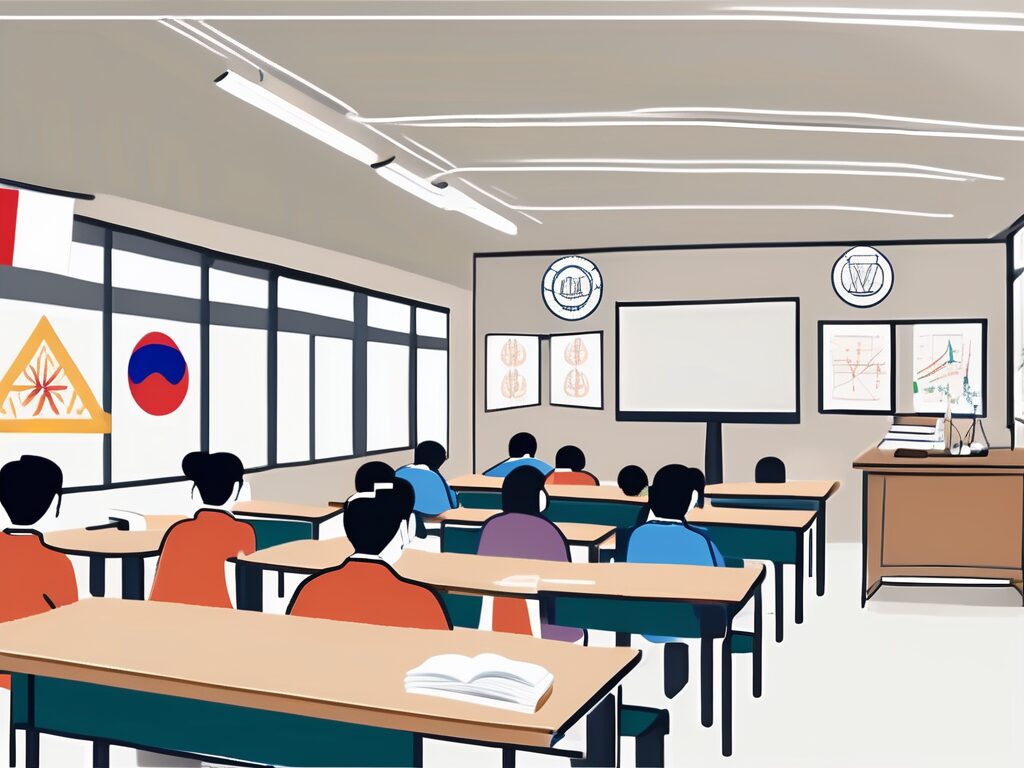What are Three Challenges Facing Free Basic Education in Kenya?
Free basic education in Kenya is a critical issue that impacts the future of millions of children. As an aspiring international educator, understanding these challenges can help you contribute to meaningful change. In this article, we will explore the three main challenges facing free basic education in Kenya and how you can be part of the solution.
Table of Contents
- Why is it Important for Aspiring International Teachers?
- Key Skills or Qualifications Required
- Steps to Get Started
- Challenges and How to Overcome Them
- Best Practices and Tips for Success
- Conclusion
Why is it Important for Aspiring International Teachers?
Understanding the challenges of free basic education in Kenya is crucial for aspiring international teachers. The global job market increasingly values educators who are aware of international educational issues and can adapt to diverse environments. By gaining insights into these challenges, you can enhance your employability and make a significant impact in the education sector.
Key Skills or Qualifications Required
To address the challenges in Kenya’s education system, aspiring international teachers should possess the following skills:
- Cross-cultural communication
- Adaptability and resilience
- Problem-solving and critical thinking
- Experience with diverse educational settings
Steps to Get Started
To prepare for a role in international education, consider the following steps:
- Obtain relevant teaching certifications, such as TEFL or iQTS.
- Gain experience through volunteer work or internships in diverse educational settings.
- Engage in professional development courses focused on international education.
Challenges and How to Overcome Them
Here are the three main challenges facing free basic education in Kenya:
1. Inadequate Funding
Despite government efforts, funding remains insufficient, affecting infrastructure and resources. To overcome this, educators can advocate for increased funding and seek partnerships with NGOs and international organizations.
2. Teacher Shortages
There is a significant shortage of qualified teachers, leading to overcrowded classrooms. Aspiring educators can help by participating in teacher training programs and encouraging others to join the profession.
3. Socio-Economic Barriers
Many children face socio-economic challenges that hinder their education. Educators can work with communities to provide support and resources, ensuring that all children have access to education.
Best Practices and Tips for Success
To succeed in addressing these challenges, consider the following best practices:
- Build strong relationships with local communities and stakeholders.
- Stay informed about global educational trends and policies.
- Continuously develop your skills through workshops and training.
Conclusion
Free basic education in Kenya faces significant challenges, but with the right skills and dedication, aspiring international educators can make a difference. By understanding these issues and taking proactive steps, you can contribute to a brighter future for Kenyan children.
Want to become a teacher in a Tier 1 international school? Join the course here.

